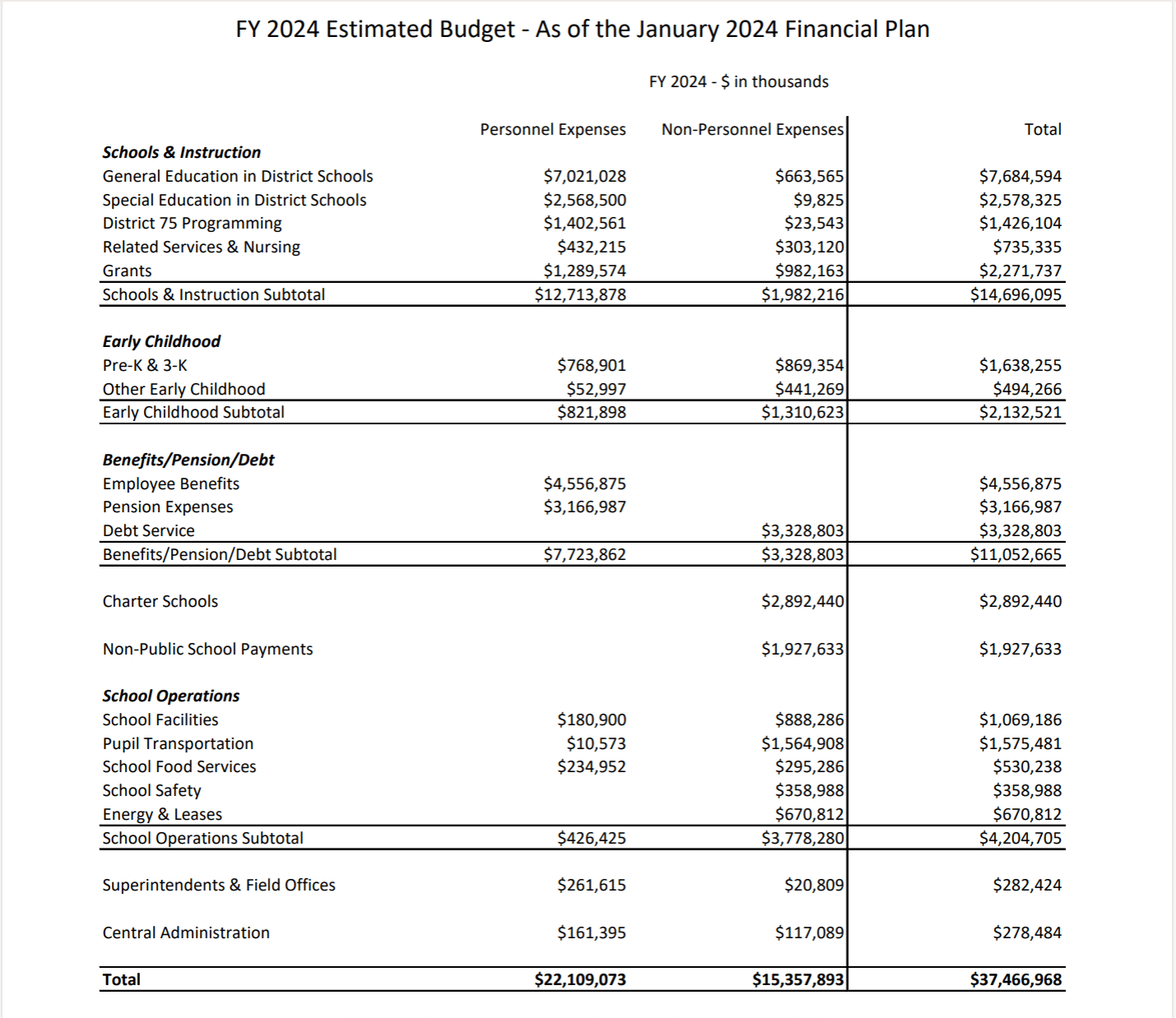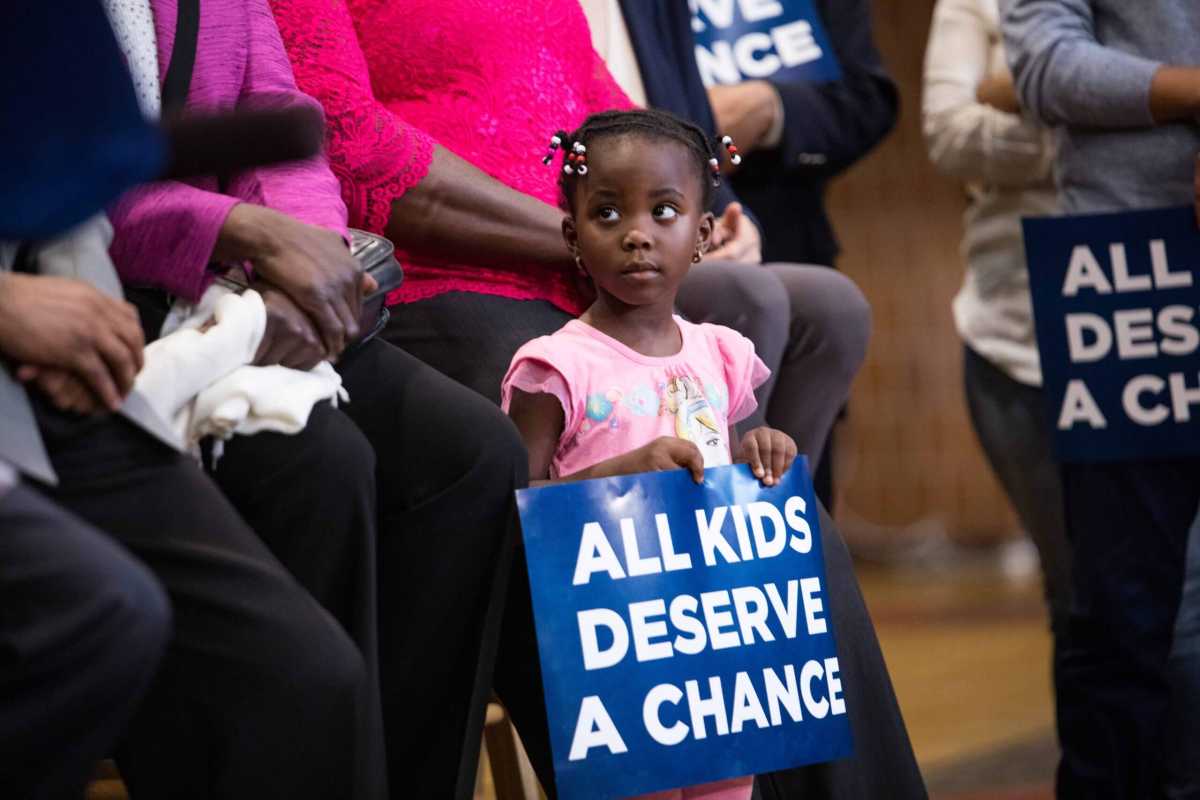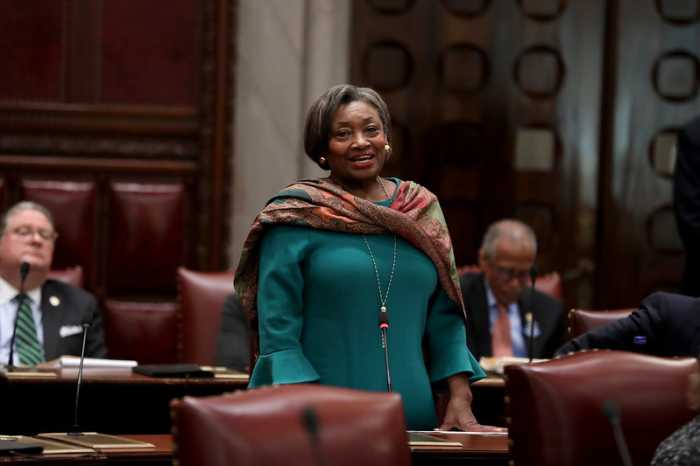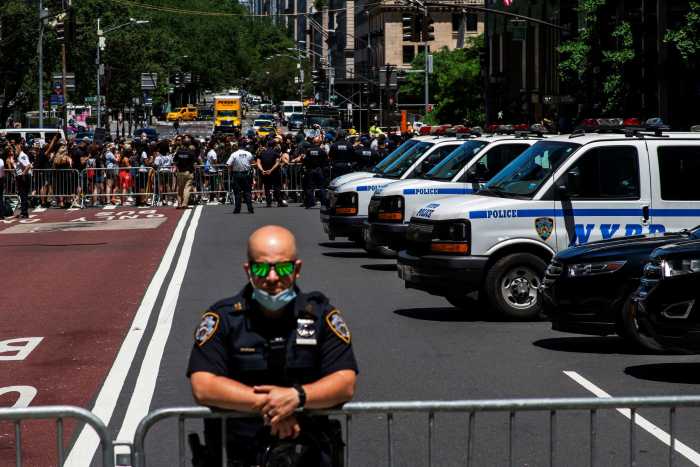New York City’s Panel for Educational Policy (PEP) approved a proposed $37.5 billion education budget last week, but some panelists charged that the move was premature because the schools’ main budget source has yet to be finalized.
That concern centers around the Fair Student Funding Formula, which is responsible for calculating $10 billion of the city’s education budget.
Without the Fair Student Funding Formula set, Kaliris Salas-Ramirez, a PEP member, said it’s too early to make a vote because there just isn’t enough information to proceed with voting on the budget. Salas-Ramirez abstained from voting on the budget.
“We don’t have the projections for enrollment for our schools and two-thirds of our school budgets are dictated by the number of students that they have,” Salas-Ramirez said. “There’s a lot of information missing that in order to actually have an accurate vote.”
There were requests to table the budget vote until the Fair Student Funding Formula is determined in order to understand where the funding would be allocated and how the proposed cuts would impact schools.
“I don’t understand how you’re approving a budget without having voted on the recommendations,” said Lupe Hernandez, the Borough President Appointee for the Community Education Council. “These weights and the formula itself should be finalized and accurately reflect the next fiscal year’s budget.”
In the end, those requests were denied, and the proposed budget passed on March 22 with 16 members approving, two members rejecting, and five members abstaining.
$500 million in cuts
Concerns were also raised about the proposed $500 million budget cuts were going to further impact staffing shortages in areas of great need, said Paullette Healy, co-president of the Citywide Council on Special Education.
“This budget is going to just exacerbate the already existing staffing shortages that we’re seeing, especially in the areas of special education, with special education educators, service providers, and school psychologists,” Healey said. “We cannot afford to continue failing our students the way we have.”
Noelle Mapes, a student and teacher at CUNY who formerly taught for the DOE, had asked the panel to reject the proposed budget.
“They need full funding for social workers, libraries, arts, and educators to make class sizes that actually work,” Mapes said. “Early childhood instructional coordinators and social workers still have zero information on their jobs for next year.”
PEP member Thomas Sheppard, who is the CEC Presidents’ Representative, suggested either rejecting the budget or postponing the vote. His primary concern is that by voting on budget, the PEP has now lost its power in voting on the Fair Student Funding Formula. Sheppard ultimately voted to reject the proposed budget.
“I do not agree with the Department of Education assessment that we can vote on this budget, and the Fair Student Funding Formula afterwards,” Sheppard said. “If we are talking about using a formula that we have not yet approved to calculate a budget, then we are literally putting the funding cart ahead of the budget horse.”







































